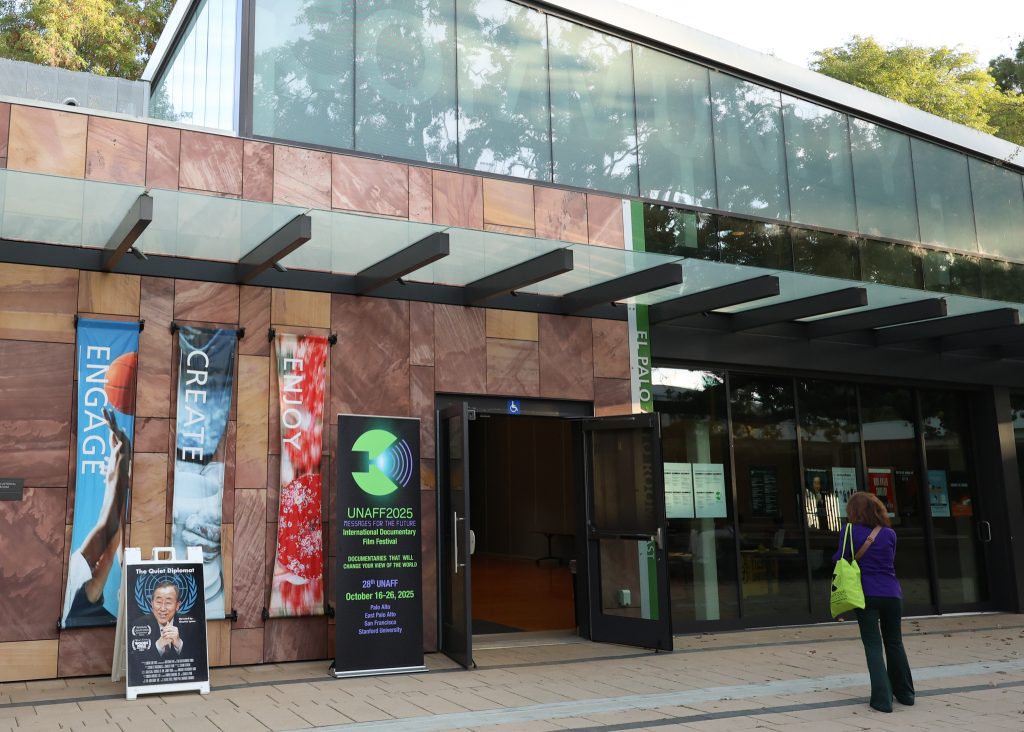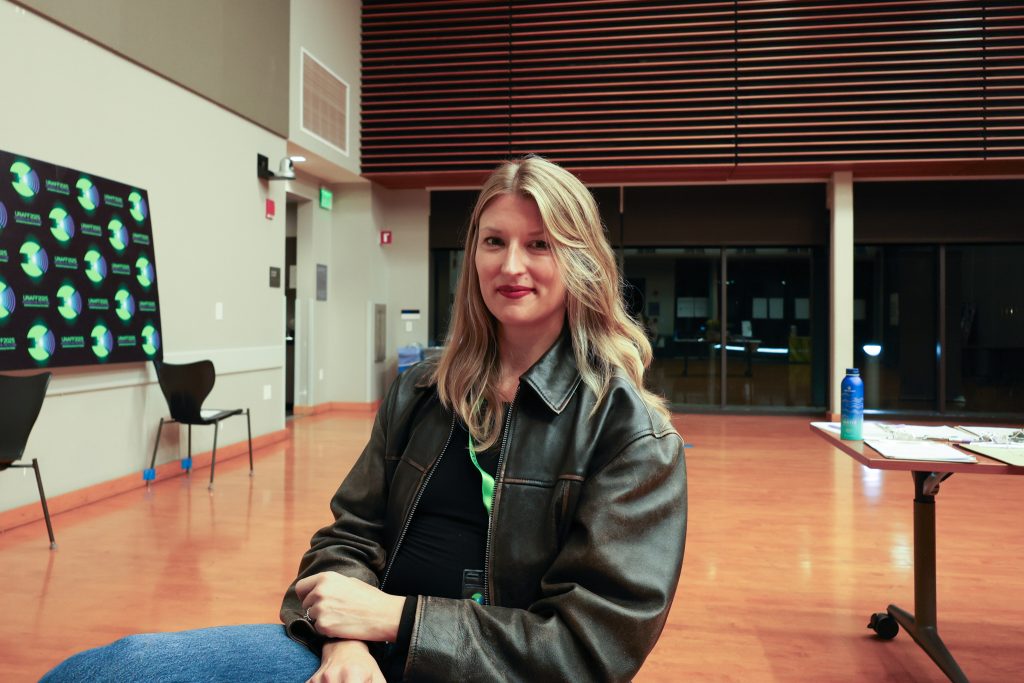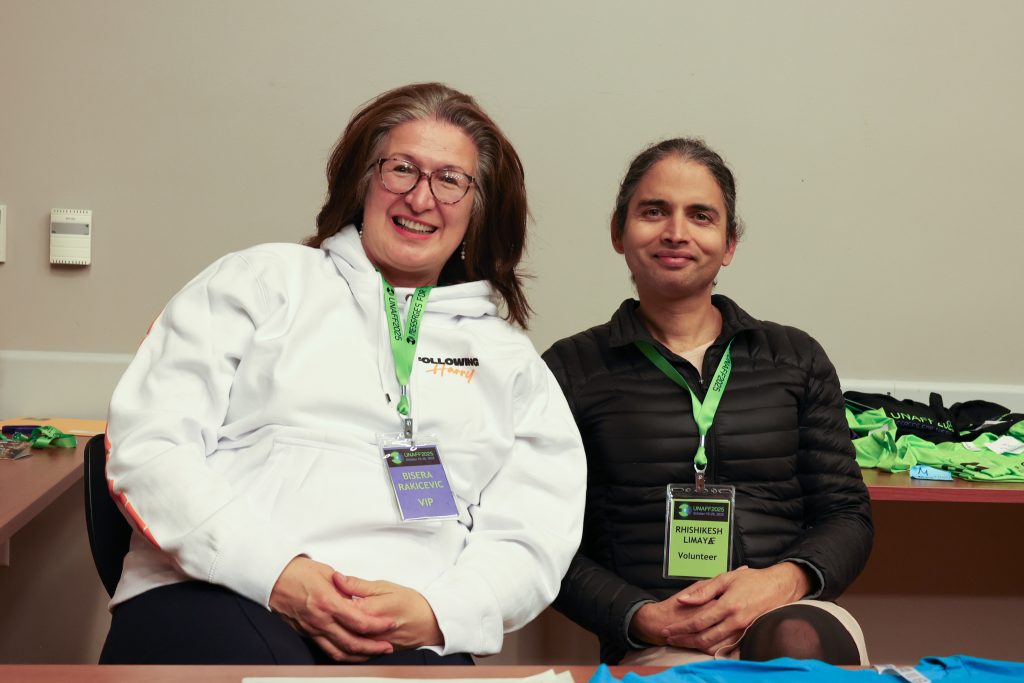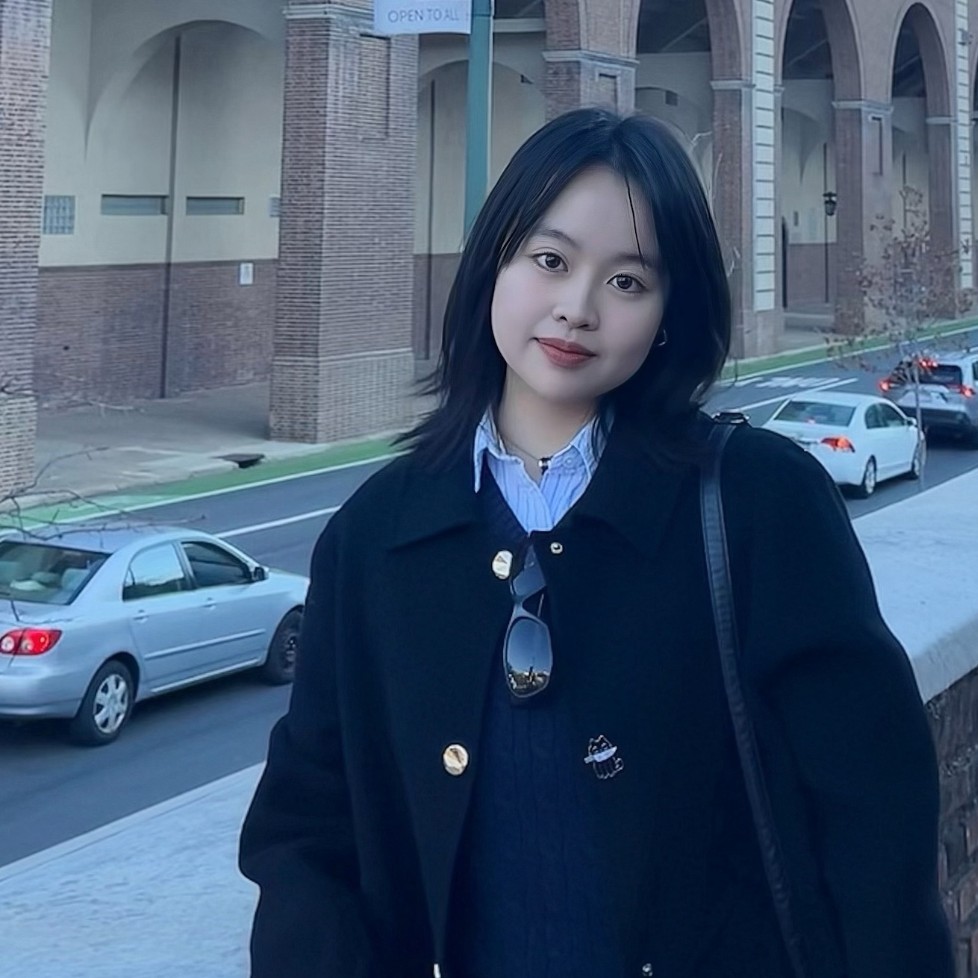PALO ALTO, Calif. – With the theme of “Messages for the Future,” the 28th annual United Nations Association Film Festival once again bridged global issues to the local community. The festival, which concluded Oct. 26, featured 60 documentary films from more than 50 countries.
Screenings were held primarily at the Mitchell Park Community Center in Palo Alto, with additional events in East Palo Alto, Stanford University and San Francisco, continuing the festival’s longtime focus on human rights. This year’s festival welcomed more than 40 filmmakers in person and attracted around 5,000 attendees.
“We need to have a place for documentaries only, and particularly focusing on human rights issues,” said Jasmina Bojic, founder and executive director of the festival. “With the Human Rights Watch Film Festival closed last year, there’s an even greater need to provide the space.”

Each of the 11 days of the festival focused on a different theme, including gender issues , environmental challenges, criminal justice and freedom of speech, among others. Documentaries shown on Oct. 25 examined how political systems, economic ideologies and emerging technologies shape human freedom and collective destiny.
One of the featured films, “Who Killed Shireen?”, investigates the death of Palestinian-American journalist Shireen Abu Akleh in 2022, who was fatally shot by an Israel Defense Forces soldier while reporting in the West Bank. The documentary goes beyond the incident itself to examine the geopolitical context and media narratives surrounding the killing.
Dion Nissenbaum, the executive producer of the film, was covering the Middle East for The Wall Street Journal at that time.
“The facts of her case were obscured as Israeli officials put out false information about her killing, and I was disturbed by the way her story was covered by mainstream media,” Nissenbaum told Peninsula Press. “I really wanted her story to be told. The entire production came together in just four or five months.”
While “Who Killed Shireen?” offers a timely investigation into a recent event, other filmmakers chose to take a longer view, spending years uncovering the historical roots of power and oppression.
The evening concluded with “The Spies Among Us”, which follows historian and former Stasi prisoner Peter Keup as he investigates his family’s past in East Germany’s surveillance state. After learning that his late brother was coerced into informing on him, Keup confronts one of the last surviving Stasi leaders to uncover how ordinary people became complicit in a system of control.

“The story is about what happened then, but it also hearkens to today’s world of data capture and surveillance,” said Jamie Coughlin Silverman, the director and producer of the film. “What really struck us was learning how much data Stasi collected, and realizing it’s the same kind of information we now give up so freely just by using our smartphones.”
Several attendees also drew parallels between the film’s plots and their own experiences. Ivan Stanchev and Ganka Stanchev, two longtime Palo Alto residents originally from Bulgaria, told Peninsula Press that the story reminded them of their home country’s “similar security service” during the communist era.
They reflected that the film was a reminder of how “important it is to give people the freedom to express themselves and go about their lives without having to worry about anyone looking over their shoulder.”
“Some things are never behind you. After coming to the U.S., we realized that even here, democracy is vulnerable. We used to wonder how [Bulgaria] became communist and how people could accept that,” Ivan Stanchev said. “Now we see nothing happening overnight. Things gradually deteriorate until you have a big thing to overcome just to get back to a democratic society.”
Bisera Rakicevic, an UNAFF volunteer for more than 15 years, noted that these documentaries are important to foster this kind of awareness: how challenges faced globally and historically can resonate at home.
“Americans need to be somehow enlightened about what people think around the world and what are their pain points,” said Rakicevic.

In addition to support from local volunteers, the festival benefited from the City of Palo Alto providing the venue free of charge and backing from other local sponsors.
“I’m very appreciative [to have the festival in our community] because we often think we know a lot about our home country [Bulgaria], even about the world. But since we don’t live there, we can forget or simply not know what’s happening,” said Ganka Stanchev. “Documentaries are like short glimpses, like lifting a curtain somewhere else and refocusing for a bit.”

